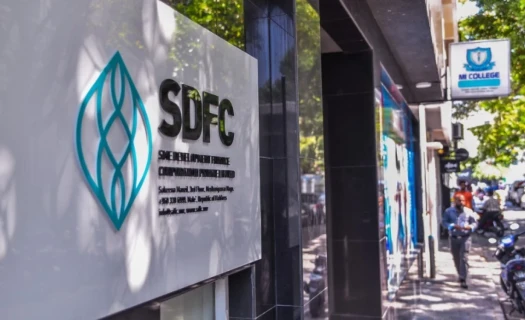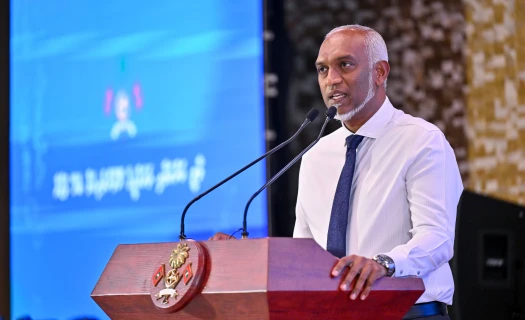Thu, 06 Nov 2025
|DHIVEHI
New regulations define operational framework for juvenile centres
20 Jun 2025
|

Photo: The President's Office
The Maldives Correctional Service has formally issued a new set of regulations establishing the operational framework for juvenile correctional centres. Published in the Government Gazette, the regulations set forth mandatory standards, specify the types of facilities allowed, and outline the procedures for managing and operating such institutions.
Under the new framework, two categories of juvenile correctional centres have been established: juvenile detention centres and long-term secure facilities.
Juvenile detention centres are intended for children placed under extended supervision by the court, excluding those convicted of particularly heinous crimes. In contrast, long-term secure facilities are designated for children found guilty of serious criminal offences and deemed by the court to require prolonged separation from the community for safety and rehabilitation.
In adherence to international standards, juvenile detention centres are to remain entirely separate from adult correctional facilities. The design and operational environment of each centre must be tailored to the age of the detainees and the specific nature of their offences. Additionally, all facilities are mandated to provide a full spectrum of care services, including religious instruction, education, psychological support, and healthcare, thereby affirming rehabilitation as a fundamental component of the juvenile justice system and a critical pathway to societal reintegration.
Admission to a juvenile correctional centre shall occur solely under the authority of a court order. In line with established regulations, every child admitted to such a facility must be granted the opportunity to place a five-minute phone call to their family within 24 hours of arrival, ensuring they are able to inform their guardians of the circumstances surrounding their detention.
Each juvenile correctional centre must implement appropriate and separate housing and seating arrangements for boys and girls. These arrangements must be informed by several key factors, including the nature of the offence, the child’s age and physical stature, and mental health status. All such provisions are to be guided by directives issued by the Department of Juvenile Justice.
Regulations mandate that each child be formally identified within three days of admission. A medical assessment by a qualified professional must also be completed within this timeframe.
The responsibilities of juvenile correctional institutions, as outlined in the regulations, include:
- Ensuring the safety, security, and overall welfare of children in the facility
- Overseeing the well-being and legal status of children awaiting trial
- Monitoring behaviour and maintaining discipline within the centre
- Enforcing rules and administering corrective measures for infractions
- Designing and implementing reintegration programmes to prepare children for community reentry


Popular News







